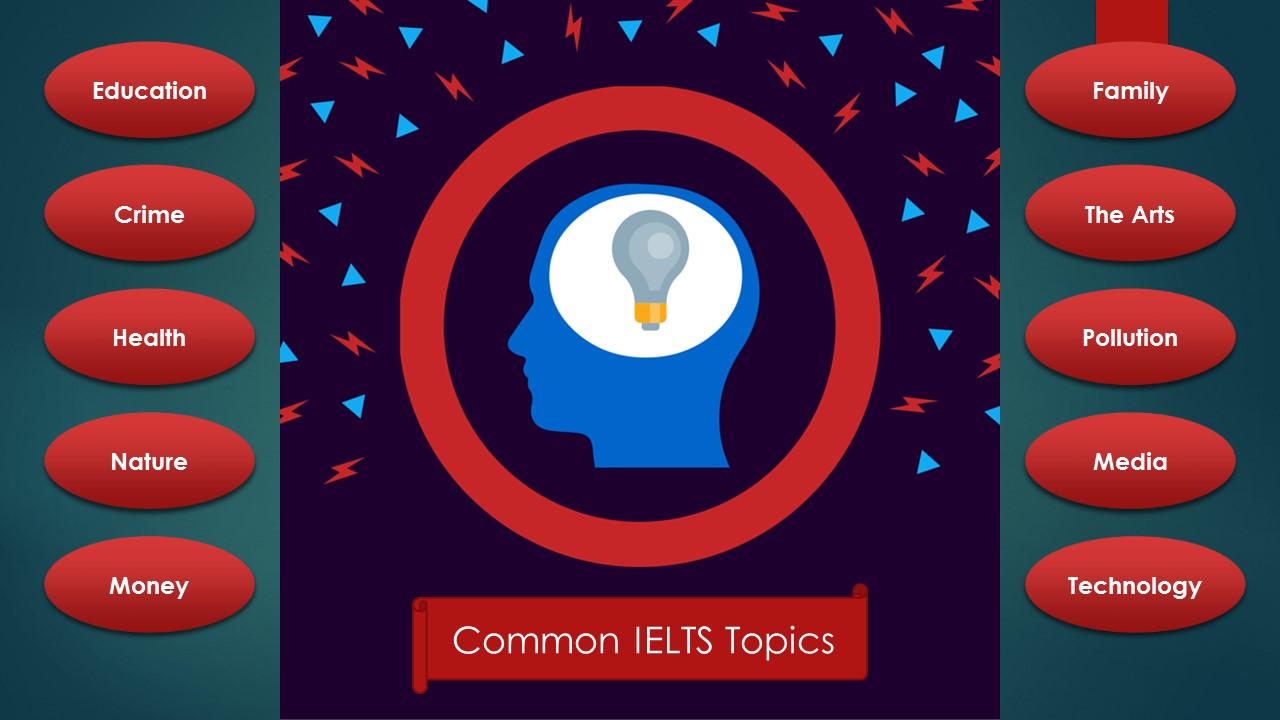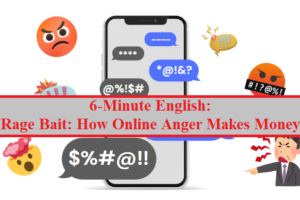موضوعات رایج در رایتینگ آیلتس : children and families

موضوع children and families در آزمون آیلتس
یکی دیگر از موضوعات رایج موضوع children and families در آزمون آیلتس است. از آنجایی که همه ما حداقل بخشی از زندگی مان را با خانواده گذرانده ایم شاید بنظر برسد ایده پردازی و صحبت راجع به چنین موضوعاتی خیلی کار دشواری نباشد. بهرحال بهترین ایده ها نیز باید در قالب واژه های مناسب منتقل شوند تا بتوانند امتیاز لازم را بگیرند. این موضوع کلی خود شامل ریزموضوعات زیر می شود:
- child psychology and development
- ways of bringing up children
- family discipline
- child care
- preschool learning
- parental roles
- family structures and roles (for example nuclear or extended families)
- adolescence
- teenagers and elderly family members
یک نکته مهم در مورد موضوع children and families در آزمون آیلتس
موضوعاتی چون خانواده و بحث بهداشت و سلامت، موضوعاتی هستند که در دو بعد اجتماعی و شخصی می توان راجع به آنها صحبت کرد. به خاطر داشته باشید که در بخش اسپیکینگ آیلتس از هر دو بعد از شما سوال می شود. برای مثال ممکن است از شما بخواهند ابتدا در مورد نقش والدین بطور کلی در جامعه خود صحبت کنید سپس در مورد تجربیات خودتان در زندگی شخصیتان خواهند پرسید. اما در بخش رایتینگ آیلتس، شما هرگز نباید در مورد تجربیات شخصیتان در مقاله تان بنویسید. این بخش از آزمون مطمئنا تنها بعد اجتماعی را هدف قرار خواهد داد.
یک نمونه سؤال
در زیر یک نمونه سؤال درباره موضوع children and families در آزمون آیلتس (بخش رایتینگ) با هم خواهیم دید. سعی کنید دو یا سه ایده برای هر طرف بحث یادداشت کنید. همچنین نظر و ترجیح شخصی خودتان را در بخش نتیجه گیری ذکر کنید.
Some people believe that children should spend all of their free time with their families. Others believe that this is unnecessary or even negative. Discuss the possible arguments on both sides, and say which side you personally support.
یک نمونه پاسخ بند 9
این نمونه پاسخ را با دقت بخوانید. به بخش های پررنگ شده دقت کنید. این واژه ها را سعی کنید یادبگیرید و در آزمون بکار ببرید.
Nobody can deny that parental influence is important for children, at least in cases where children live with their parents, foster parents or guardians. However, it is by no means clear that children should spend time exclusively in the family, as we will see.
.
On the one hand, it may appear advisable for parents to act as role models and to establish ground rules for behaviour by spending as much time as possible with their children. This allows the youngsters to absorb conventions and codes of conduct which they can then follow themselves, hopefully leading to an absence of problems such as bullying, truancy and delinquency later on. Furthermore, being with the family should reduce the risk of children falling victim to crimes such as abduction, or coming under the influence of negative peer pressure.
.
On the other hand, we have to ask whether this is a practical proposition. In a society where many families are dual-income, or where one parent’s role as breadwinner means he/she is away from the family for long periods, it is inevitable that children cannot spend all of their time with the family. Childminding and after-school childcare are often used in these cases, and if managed properly, these can be perfectly viable alternatives. Equally, it seems that children can in some cases learn a considerable amount from their peers in addition to adults, and allowing them to play without direct supervision may be a benefit.
.
To conclude, it appears that, while family time is essential for bonding and absorbing patterns of behaviour, there are definite advantages when children are outside the family too. This is provided that they are in a safe, well-behaved environment with peers who are themselves reasonably well brought-up.
حالا سعی کنید ایده هایی که قبلا یادداشت کرده بودید به یک مقاله خوب تبدیل کنید!
مطالب زیر ممکن است کمک کننده باشند:



